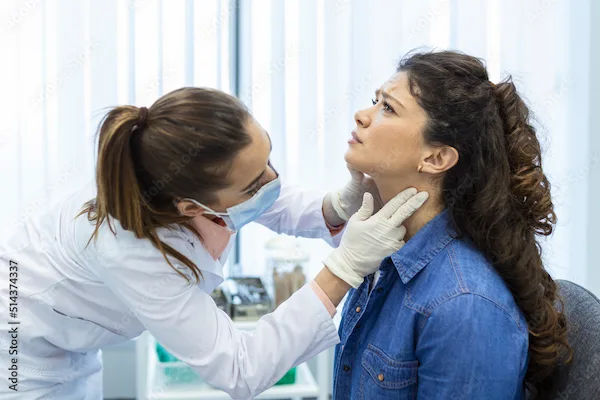- female
- 40 Years
- 29/01/2025
Could you advise on the correct dosage of vitamin D I should be taking and how often I need to take it? I want to make sure I'm doing it right.
Answered by 1 Apollo Doctors
The recommended dose of vitamin D varies depending on age, deficiency level, and health status; generally, 600-800 IUday is recommended for adults, 1,000-2,000 IUday for deficient individuals, and 2,000-5,000 IUday for severe deficiencies; take vitamin D supplements with a fatty meal, preferably breakfast, and consider the following dosing schedules:
- Mild deficiency: 600-800 IUday for 1-3 months
- Moderate deficiency: 1,000-2,000 IUday for 3-6 months
- Severe deficiency: 2,000-5,000 IUday for 6-12 months
Dr. Ibrahim Suggests...
Consult a Endocrinologist
Answered 04/07/2025
0
0


Ask Apollo
AI powered Health Chatbot
-
Recommended Dosage
- For a 40-year-old female, the typical recommended dosage of vitamin D is 600-800 IU daily.
- Dosage may vary based on individual health needs and lifestyle factors.
-
Frequency of Supplementation
- Vitamin D can be taken daily or weekly, depending on the specific product and dosage.
- Follow the prescribed dosage precisely.
-
Additional Considerations
- Consult a healthcare provider for personalized advice, especially if you have health conditions or are on other medications.
- Vitamin D supports bone health and immune function.
-
Administration Tips
- Can be taken with or without food.
- If a dose is missed, take it as soon as possible unless it's close to the next dose.
Answered 20/08/2025
0
0
More Endocrinology Health Queries
View allAm a bit worried, I'm an 18-year-old with a vitamin D level of 12 and my doctor says I need to get the arachitol injection. I've heard it's really painful, and I'm honestly scared about getting it. Is there any way to make this less uncomfortable or maybe avoid the shot altogether?
Yes you have to take the injection,if you are really scared and you have no signs and symptoms of vitamin d deficiency you can opt for tablets as well like VIT D 60K weekly once and CALCIUM 500mg once daily
Answered by 1 Apollo Doctors
I'm really worried about my vitamin D and calcium levels. I've been feeling off lately and I'm concerned it might be a deficiency. Could you recommend a good supplement for both? I'm also wondering what signs or symptoms I should look out for that might indicate these deficiencies.
Calcium deficiency would cause joint pains, muscle cramps, weakness,you can take Shelkal 500 once daily and Vit bio D3 once a week as supplements
Answered by 1 Apollo Doctors
My mom is 57 and has high calcium at 11.1 with PTH levels at 153. The doctor said it's her parathyroid glands and recommended surgery. Is surgery urgent or can we wait and monitor for a while? Are there any medications that could help bring her levels back to normal instead? She's been on BP meds for 3 years but her pressure is mostly under control.
It's important to discuss your mother's specific situation with her doctor to determine the best course of action. While surgery is the recommended treatment for primary hyperparathyroidism, it's not always an urgent situation, and there are other options to consider
Answered by 1 Apollo Doctors
Disclaimer: Answers on Apollo 247 are not intended to replace your doctor advice. Always seek help of a professional doctor in case of an medical emergency or ailment.
 What are the signs of vitamin D deficiency?
What are the signs of vitamin D deficiency? 
